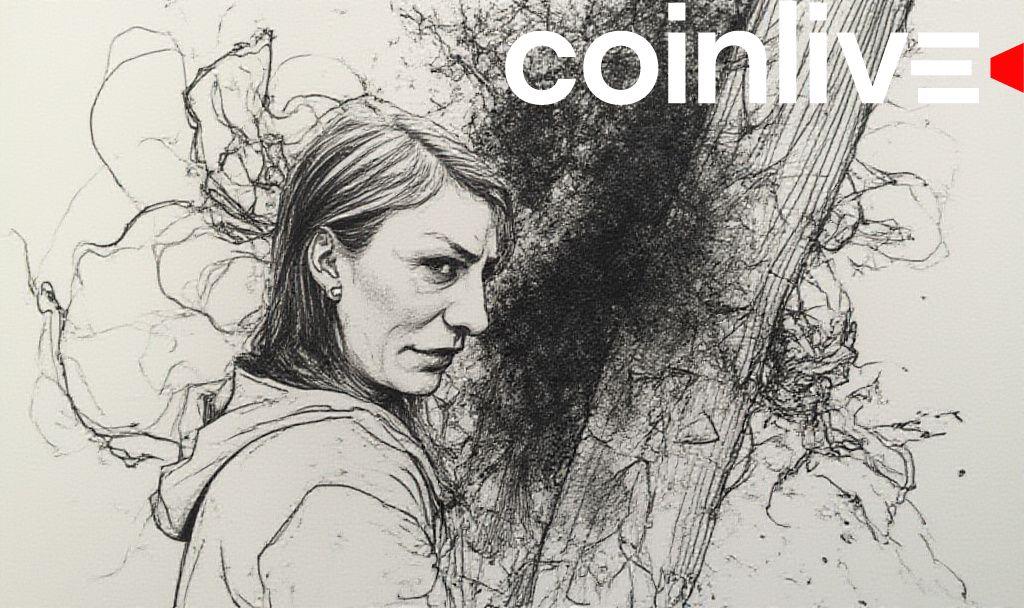- Main event, leadership changes, market impact, financial shifts, or expert insights.
- Durov refuses to censor Romanian political content.
- Highlights tension between free speech and government requests.
Telegram CEO Pavel Durov rejected a censorship request from a Western European nation to silence conservative voices in Romania ahead of the presidential election on May 18, 2025.
Durov’s decision underscores the broader conflict between governmental pressures and digital platform freedoms. The incident highlights ongoing debates over free speech within the nexus of technology and politics.
Pavel Durov, in his Telegram channel, declared refusal to censor conservative voices ahead of Romania’s presidential election. This request reportedly originated from a Western European country, emphasizing Durov’s staunch commitment to free speech principles. Durov specifically noted the importance of freedom of speech and fair elections, invoking Romania’s right to both. Though unnamed, the requesting nation was hinted at with a baguette emoji, suggesting France, which has denied involvement.
The event holds potential repercussions for digital message platforms grappling with pressure to moderate political content. It also impacts the political landscape in Romania, where free expression remains a contentious issue.
Financial and market impacts remain unclear, but political and social implications are significant. Durov’s decision strengthens his image as an advocate for user rights and might influence Telegram’s perception in politically sensitive regions. Romania’s election context includes historical claims of foreign interference and election disruptions. Such tensions are compounded by potential interference, reflecting ongoing distrust in global election integrity.
The broader implications include shifts in information regulation and freedom of expression online. As technology plays a growing role, especially in elections, the drive for censorship resistance remains a pivotal concern.
